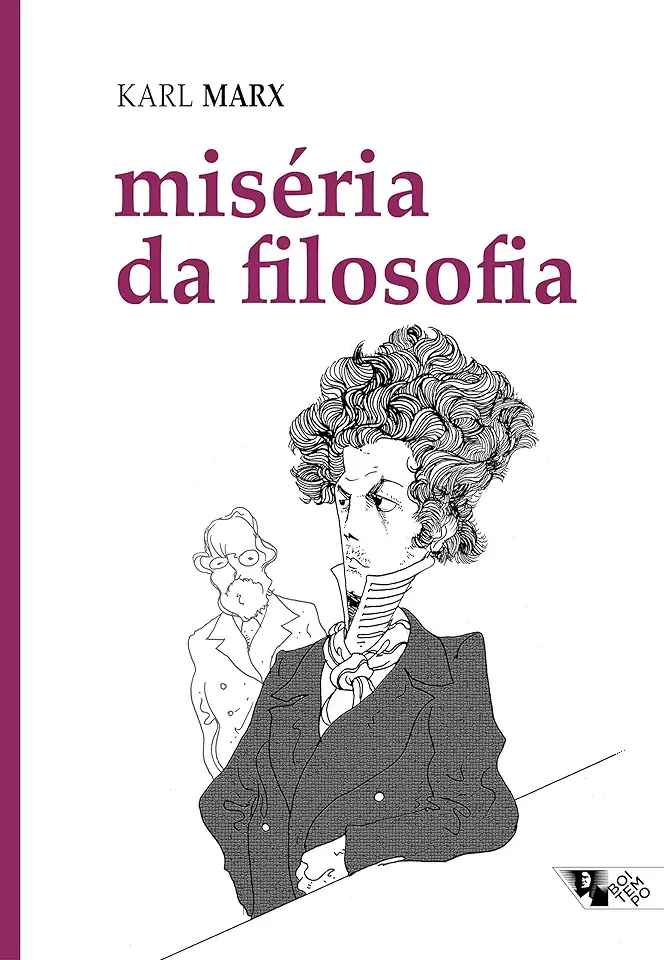
The Poverty of Philosophy - Karl Marx
The Poverty of Philosophy: A Critique of Proudhon's System of Economic Contradictions
In his seminal work, "The Poverty of Philosophy," Karl Marx engages in a rigorous critique of Pierre-Joseph Proudhon's economic theories, exposing the inherent contradictions and limitations of Proudhon's system. Marx's analysis provides a profound understanding of the dynamics of capitalism, class struggle, and the path towards a more just and equitable society.
A Critique of Proudhon's Mutualism
Marx begins by examining Proudhon's concept of mutualism, which advocates for a decentralized economy based on worker cooperatives and mutual credit. While acknowledging the potential benefits of cooperation, Marx argues that mutualism fails to address the fundamental contradictions of capitalism, particularly the exploitation of workers by capitalists. He demonstrates that under mutualism, the workers would still be subject to the same economic laws and power dynamics that perpetuate inequality.
The Labor Theory of Value
Central to Marx's critique is his exposition of the labor theory of value. Marx argues that the value of a commodity is determined by the amount of socially necessary labor time required to produce it. This theory challenges the prevailing notion of value based on subjective preferences or market forces and highlights the inherent exploitation embedded in capitalist production.
Class Struggle and the Proletariat
Marx's analysis of capitalism reveals the existence of two main classes: the bourgeoisie, who own the means of production, and the proletariat, who sell their labor power to survive. He argues that the interests of these classes are fundamentally opposed, leading to an inevitable class struggle. Marx emphasizes the revolutionary potential of the proletariat and their role in overthrowing the capitalist system and establishing a communist society.
The Alienation of Labor
Marx also explores the concept of alienation under capitalism. He argues that workers are alienated from their labor, the products of their labor, their fellow workers, and their own human nature. This alienation stems from the separation of workers from the means of production and the commodification of labor. Marx's analysis provides a profound critique of the dehumanizing effects of capitalism and the need for a society that values human fulfillment over profit.
The Future of Socialism
Marx concludes "The Poverty of Philosophy" by outlining his vision for a socialist society. He argues that socialism, based on common ownership of the means of production and democratic control of the economy, offers a path towards overcoming the contradictions and injustices of capitalism. Marx emphasizes the importance of workers' self-emancipation and the need for a revolutionary transformation of society.
Why You Should Read "The Poverty of Philosophy"
"The Poverty of Philosophy" is a must-read for anyone seeking a deeper understanding of capitalism, class struggle, and the potential for a more just and equitable society. Marx's brilliant analysis and critique of Proudhon's ideas provide valuable insights into the dynamics of economic systems and the path towards social change. Whether you agree or disagree with Marx's conclusions, "The Poverty of Philosophy" is a seminal work that challenges conventional thinking and encourages critical reflection on the nature of society and the economy.
Enjoyed the summary? Discover all the details and take your reading to the next level — [click here to view the book on Amazon!]